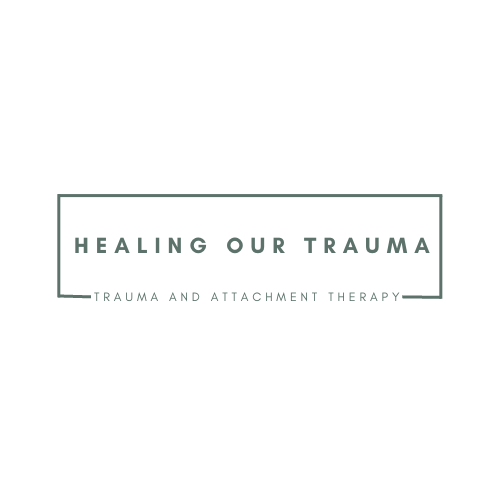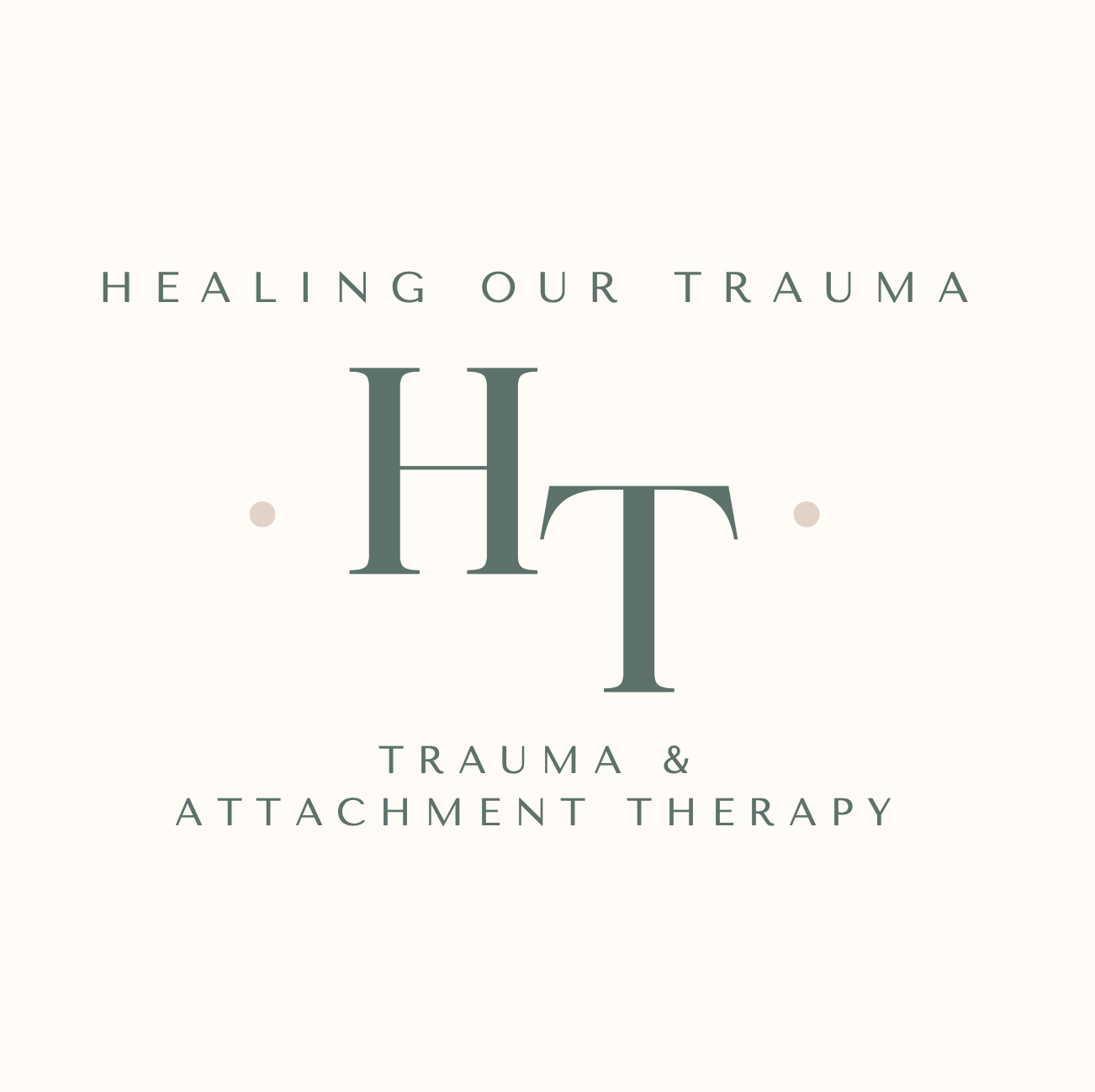What is Attachment Therapy?
Attachment therapy is a therapeutic approach that specifically targets attachment issues in individuals. It recognizes the impact of attachment relationships on mental health and seeks to establish healthy attachment patterns and behavior. This therapy is especially beneficial for individuals who have experienced trauma, neglect, or other attachment-related difficulties during their formative years. By addressing and healing attachment issues, attachment therapy aims to provide predictability, reassurance, and fulfillment of attachment needs, leading to improved mental health outcomes.
What is Attachment Theory?
Exploration and Attachment Patterns
Attachment therapy involves exploring an individual's early attachment patterns, examining the ways in which they formed emotional bonds with caregivers during infancy and early childhood. Understanding attachment styles, such as secure, insecure-avoidant, insecure-anxious, or disorganized, provides insights into current relational dynamics.
Repairing Attachment Bonds
For individuals with disrupted or insecure attachment patterns, attachment therapy aims to repair and strengthen attachment bonds. This may involve creating a safe therapeutic relationship that mirrors secure attachment, fostering trust, and addressing unresolved emotions related to past attachment experiences.
Emotion Regulation and Co-Regulation
Attachment therapy focuses on enhancing emotion regulation skills and, when applicable, co-regulation within relationships. Individuals may learn to identify and express their emotions in a healthy way, and therapists may work with clients to develop strategies for regulating emotions in the context of relationships.
Mindfulness and Reflective Functioning
Mindfulness and reflective functioning are often integrated into attachment-based therapies. Mindfulness practices can help individuals become more aware of their emotional states, thoughts, and behaviors. Reflective functioning involves the ability to understand one's own and others' mental states, promoting empathy and better communication within relationships.
What Attachment Therapy Can Help With?
Attachment Therapy is a therapeutic approach that may address various aspects of emotional well-being. It's important to note that Attachment Therapy is not limited exclusively to the below scenarios, and its applications may extend to other concerns related to attachment patterns and interpersonal dynamics.
Emotional Dysregulation
Trauma can cause emotional dysregulation, making it hard to manage feelings and navigate daily life. Attachment therapy addresses these challenges by exploring and understanding underlying attachment patterns, helping individuals develop healthier styles to regulate emotions.
Difficulty Forming and Maintaining Relationships
Trauma can make it hard to form and keep relationships, leading to trust issues, fear of being vulnerable, and struggles in making meaningful connections. Attachment therapy is often considered beneficial for forming and maintaining relationships because it focuses on understanding and addressing underlying attachment patterns.
Fear of Intimacy
Trauma can cause fear of intimacy, making it hard to trust and connect in relationships. Attachment therapy can be beneficial for individuals struggling with a fear of intimacy because it addresses the underlying attachment patterns and experiences that contribute to this fear.
Attachment Therapy FAQs
Have questions? We’re here to help.
-
Is Attachment Therapy the Right Choice for You?
Determining whether attachment therapy is the right choice for you depends on your individual needs, therapeutic relationship preferences, and the extent of attachment-related distress or trauma you have experienced. Attachment therapy can be particularly beneficial for individuals seeking healing from attachment issues, abandonment, and other attachment-related distress. By working with a trained attachment therapist, you can explore the possibility of healing attachment wounds, developing secure attachment patterns, and finding reassurance and support.
-
What trauma responses benefit from Attachment Therapy?
Attachment therapy can be beneficial for a wide range of trauma responses. Individuals who have experienced attachment-related traumas such as abandonment, neglect, or abuse may find relief and healing through attachment therapy. This therapeutic approach can help address issues such as emotional dysregulation, difficulty forming and maintaining relationships, fear of intimacy, and feelings of insecurity or unworthiness. By working with a skilled attachment therapist, individuals can explore these trauma responses, develop healthier coping mechanisms, and ultimately find greater stability and well-being in their lives.
-
How long does an average Attachment Therapy session last?
The average attachment therapy session typically lasts between 60 to 90 minutes. However, the duration can vary depending on various factors such as the intensity of trauma, client needs, and therapist recommendations. It is important to have sufficient time to explore attachment-related issues, process emotions, and work towards healing in each session.
At Healing Our Trauma we know that you want to be on a path to recovery and restoration. In order to do that, you need to address your underlying, unmet needs. The problem is most people don't know where to turn to or how to start which makes you feel frustrated and stuck. This leads some to want to quit. We believe in your resilience and the possibility of reclaiming a life marked by strength, growth, and renewed hope. We understand that overcoming trauma is a journey that requires personalized care, empathy, and a safe space for healing.
So, schedule a free evaluation. And in the meantime, sign-up for our Support Newsletter.
Together, we can navigate this journey toward healing, ensuring that you not only survive but thrive in the aftermath of trauma.
Contact Us
816-200-7909
Contact Us
We will get back to you as soon as possible
Please try again later
Insurance Accepted: Aetna (Missouri Only)
Forms of Payment: Cash, Check, Visa, Mastercard, Discover, American Express
Our address
Email: nadirah@healingtraumakc.com
Tel: 816-200-7909
12401 E 43rd St S, Independence, MO 64055, United States of America
Work Hours
- Mon - Fri
- -
- Sat - Sun
- Closed

